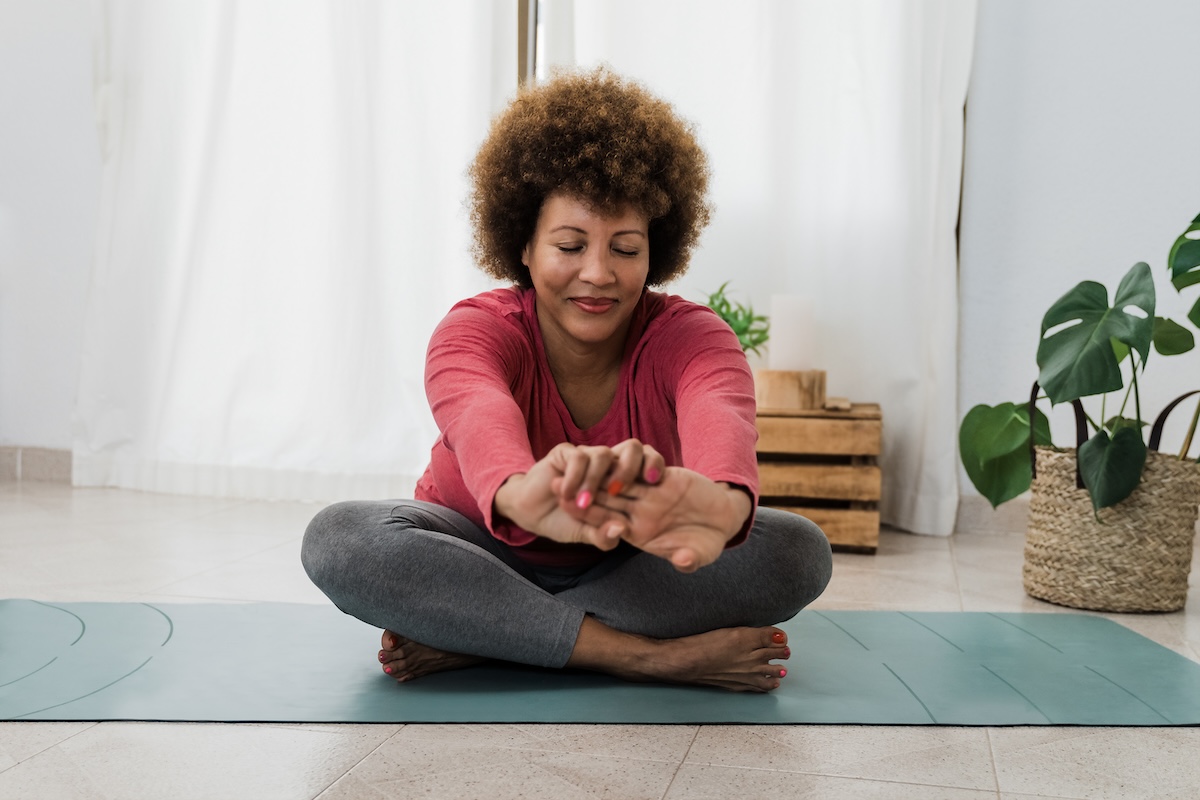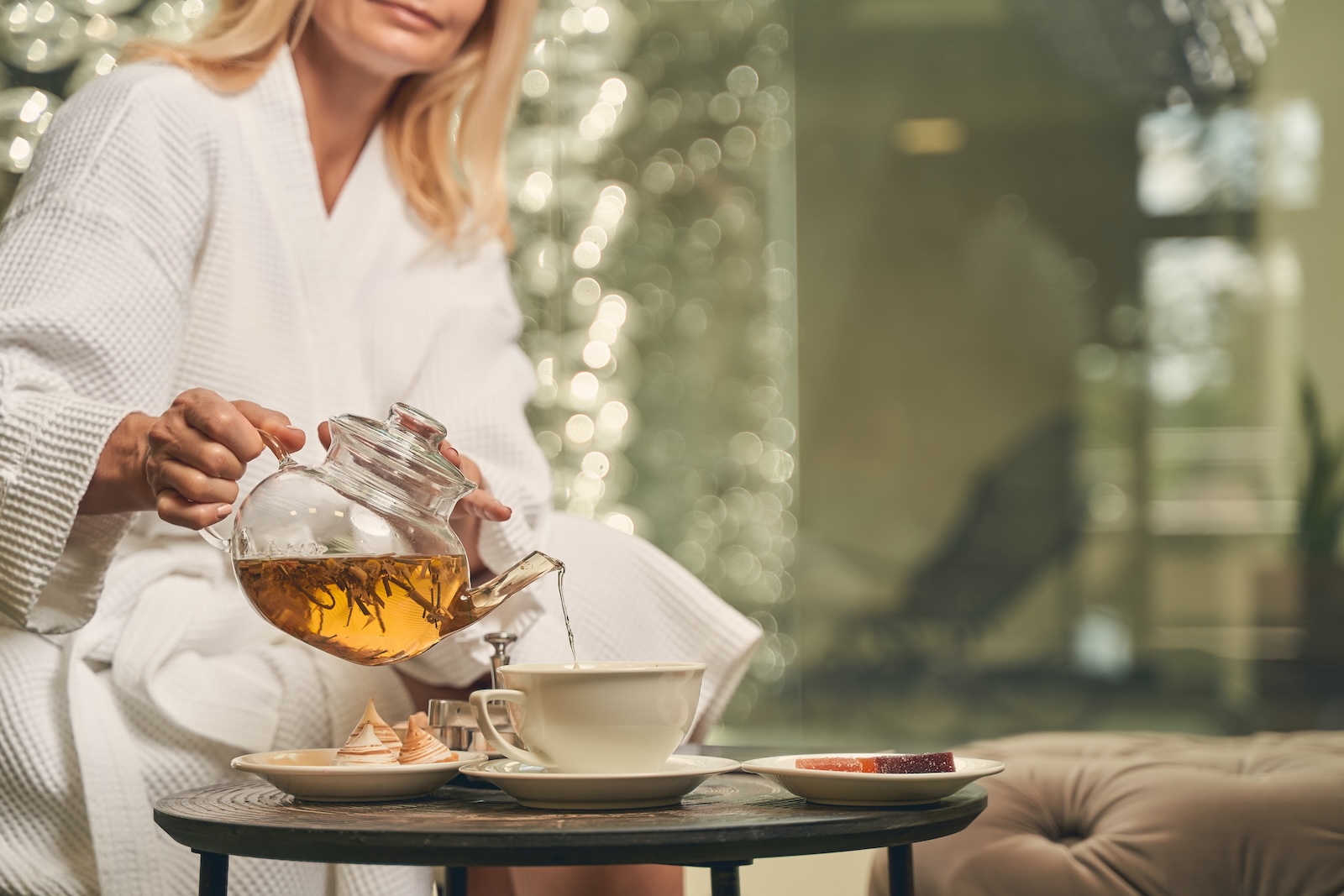Sleep is a fundamental aspect of overall well-being, and as we age, ensuring a good night’s rest becomes increasingly essential. Sleep hygiene refers to the practices and habits that promote healthy sleep patterns, and it plays a crucial role in maintaining physical and mental health. For individuals over 55, prioritizing sleep hygiene becomes even more essential. Say goodbye to restless nights and experience the relief of rejuvenating sleep!
Establish a Consistent Sleep Schedule
One key aspect of sleep hygiene is maintaining a regular sleep schedule. Our internal body clock, or circadian rhythm, tends to shift as we age, making establishing a consistent sleep routine essential. For individuals over 55, this means going to bed and waking up simultaneously every day, even on weekends.
Begin by setting realistic and achievable sleep and wake-up times that align with your daily routine and personal preferences. Introduce gradual adjustments, allowing your body to adapt naturally to the new schedule without feeling overwhelmed.
Tackle potential obstacles such as insomnia or restlessness by establishing a calming bedtime routine that signals your body to wind down. Try relaxation techniques, like gentle stretching or meditation, to alleviate stress and promote a tranquil pre-sleep atmosphere.
Consistency is key, so persevere through initial challenges, celebrate small victories, and stay committed to the process, gradually transforming your sleep schedule into a sustainable and fulfilling nightly ritual.


Create a Comfortable Sleep Environment
Your sleep environment also plays a crucial role in optimizing sleep hygiene. As we age, our bodies may become more sensitive to external stimuli like light and noise. Creating a comfortable sleep environment can significantly improve sleep quality.
John, a 58-year-old with occasional sleep disturbances, revamped his bedroom for better sleep. He invested in blackout curtains to block out external light, installed a white noise machine to drown out ambient sounds, and upgraded his mattress to a more supportive and comfortable one. With these changes, John created a serene sleep sanctuary, contributing to a more restful night’s sleep.
Almost everything will work again if you unplug it for a few minutes, including you. – Anne Lamott
Limit Stimulants and Enhance Relaxation Before Bed
Avoiding stimulants and promoting relaxation before bedtime is crucial for individuals over 55. Stimulants like caffeine and electronic devices can interfere with the ability to fall asleep, while relaxation techniques can help ease the transition into a restful state.
Start by identifying and gradually reducing sources of stimulants, such as caffeine, in the evening. Transition to decaffeinated alternatives like herbal teas to ease the adjustment. It’s essential to cultivate relaxing pre-sleep rituals that signal your body that it’s time to unwind. Incorporate light stretching, reading a calming book, or practicing mindfulness meditation to promote tranquility.
Be mindful of electronic devices emitting blue light, which can interfere with melatonin production; consider establishing a screen-free zone at least an hour before bedtime or use blue-light-blocking technology. Addressing these hurdles requires patience and persistence, but the result is an evening routine that fosters a serene environment that helps you get restful sleep, empowering you to wake up in the morning with vitality and vigor.
Take Away
Prioritizing sleep hygiene is crucial for individuals over 55 to maintain optimal health and well-being. Establishing a consistent sleep schedule, creating a comfortable sleep environment, and limiting stimulants while promoting relaxation are three effective ways to enhance sleep hygiene. By incorporating these practices into daily life, individuals can pave the way for a restful night’s sleep and wake up feeling rejuvenated and ready to face the day.

